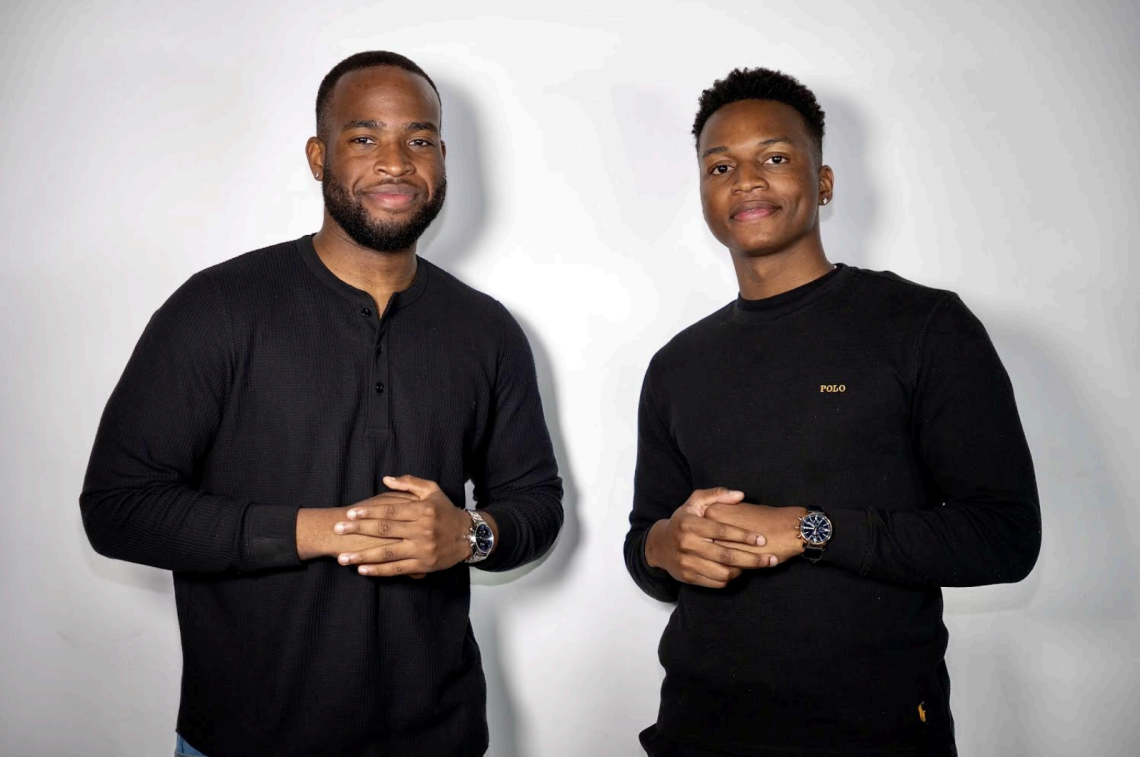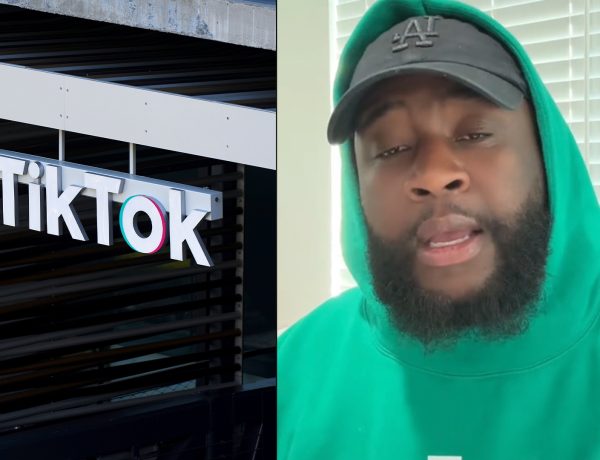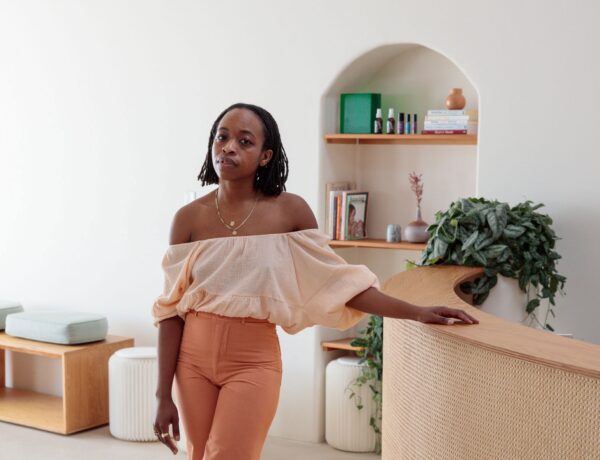A dream deferred doesn’t equate to it being denied. Instead, it could open the door to a new dream.
Coming from families of entrepreneurs, Joshua Obasohan and Neto Nwogbo, college students at the time, were brainstorming business venture ideas. They initially wanted to start a recycling company in Nigeria, their home country. Then they shifted to health care, wanting to build a hospital there. However, both ideas came with barriers and challenges to properly execute them, which led to a change of plans.
“We eventually pivoted to telehealth, but then again, because of a lot of key metrics in Nigeria like the smartphone penetration rate and internet penetration, it wasn’t as feasible,” Nwogbo explained to AFROTECH™. “The tech penetration wasn’t there for the customer base that we wanted to reach and wasn’t as accessible. So then, we pivoted to a market that we know better, which is the university healthcare space.”
Obasohan and Nwogbo, both 21, launched Loop Health, a telehealth startup that aims to improve primary healthcare delivery for college students.

In addition to the Nigerian-American co-founders, Gozzy Nwogbo is Loop Health’s technical co-founder/chief technology officer (CTO); Dr. Oluwatomi Asemota is chief medical officer; and Obinna Eval Isiguzo is head designer, per its website.
A key part of Loop Health is using gamification technology to keep college students engaged so they use the app daily. Loop Health’s FDA-approved face-scanning technology measures vital statistics, such as heart rate, heart rate variability, blood pressure, respiration rate, oxygen saturation, and stress index, in a 40-60 second face scan without the need for an internet connection.
“Precisely how it works is it uses computer vision technology,” Obasohan said. “It takes a rectangular section of your face, and it almost works like a radio. Your phone camera bounces refractory lights off your face and then, in the frequency, which it receives it back, is how it deciphers your heart rate. And then from your heart rate, blood pressure, heart rate variability, and so forth.”
After receiving support from family and friends in their community, Obasohan and Nwogbo’s company landed angel and venture capital investors’ attention. According to the co-founders, who have since graduated from college, the company has raised more than $120,000 in funding. Following their pre-seed round, they’re gearing up for a seed round in summer 2024. Around the same time, Obasohan and Nwogbo are also set to launch their pilot program at colleges and universities. Additionally, Loop Health is offering students the option to use the app post-graduation and has a new feature in the works for 2025 that tracks and quantifies depression and anxiety levels.
“We know one thing a lot of students go through is depression,” Obasohan said. “[The app] will be able to tell when you’re going through bouts of anxiety and when you need to talk to your therapist because mental health is important and that’s something we wanted to add.”
While Loop Health currently caters to U.S.-based college students, Obasohan and Nwogbo have future plans to create change and make an impact in Nigeria as well.





